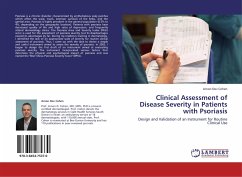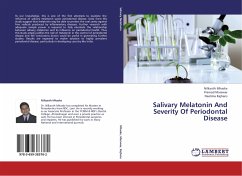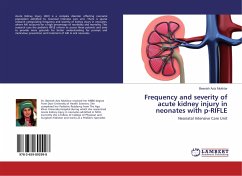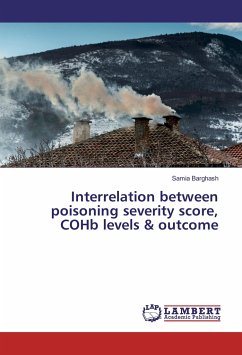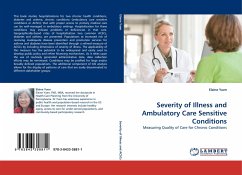Psoriasis is a chronic disorder characterized by erythematous scaly patches which affect the scalp, trunk, extensor surfaces of the limbs, and the genital area. Psoriasis is highly prevalent in the general population (0.5% to 4%, depending on the geographic location). Patients with psoriasis have decreased quality of life and high rates of depression, and frequently attend dermatology clinics. The Psoriasis Area and Severity Index (PASI) score is used for the assessment of psoriasis severity, but its disadvantages exceed its advantages by far. During my residency training in dermatology, I identified the lack of an appropriate scale of severity for routine clinical assessment of psoriasis. Thus, I came up with the idea to devise a simple and useful instrument aimed to assess the severity of psoriasis. In 2002, I began to design the first draft of an instrument aimed at evaluating psoriasis severity. The instrument incorporated various factors that determine the physical and psychological impact of psoriasis and was named the "Beer-Sheva Psoriasis Severity Score" (BPSS).
Bitte wählen Sie Ihr Anliegen aus.
Rechnungen
Retourenschein anfordern
Bestellstatus
Storno

